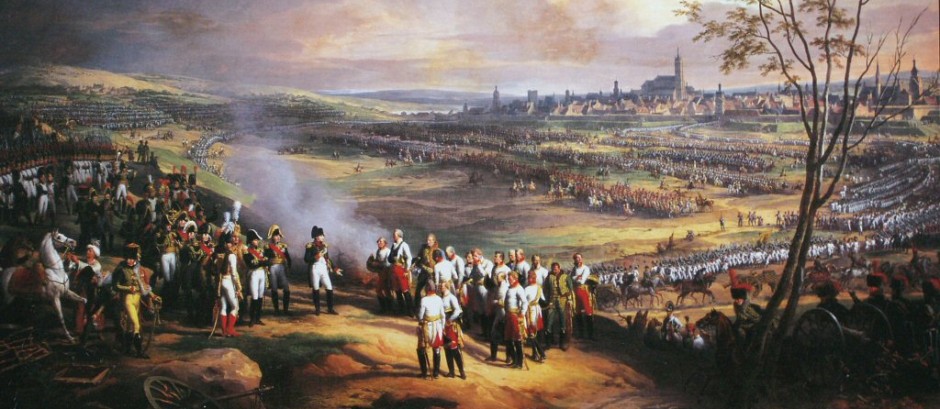Transitional Words and Phrases
One of the more difficult tasks in historical writing is beginning your evidence paragraphs. In writing responses to history prompts it is important that your evidence paragraphs ‘flow’. This means that in crafting your essay you should try to create a seamless presentation of the evidence analyzed so that the first paragraph seems to build upon the next, and so on. Making your response ‘easy to read’ will gain you more points since you are trying to sustain, and win an argument within your essay. Also remember that while transitions describe relationships between ideas, they do not automatically create relationships between ideas for your reader. Use transitions with enough context in a sentence or paragraph to make the relationships clear.
Example of unclear transition:
The Habsburg Emperor faced a moral dilemma. In the same way, the Valois of France faced a similar problem.
Improved transition:
The Habsburg Emperor faced a moral dilemma, a contested inheritance. Although the Valois inheritance consisted of a few provinces and not a pile of money, the nature of the problem is quite similar.
Examples of Transitions:
Illustration
Thus, for example, for instance, namely, to illustrate, in other words, in particular, specifically, such as.
Contrast
On the contrary, contrarily, notwithstanding, but, however, nevertheless, in spite of, in contrast, yet, on one hand, on the other hand, rather, or, nor, conversely, at the same time, while this may be true.
Addition
And, in addition to, furthermore, moreover, besides, than, too, also, both-and, another, equally important, first, second, etc., again, further, last, finally, not only-but also, as well as, in the second place, next, likewise, similarly, in fact, as a result, consequently, in the same way, for example, for instance, however, thus, therefore, otherwise.
Time
After, afterward, before, then, once, next, last, at last, at length, first, second, etc., at first, formerly, rarely, usually, another, finally, soon, meanwhile, at the same time, for a minute, hour, day, etc., during the morning, day, week, etc., most important, later, ordinarily, to begin with, afterwards, generally, in order to, subsequently, previously, in the meantime, immediately, eventually, concurrently, simultaneously.
Space
At the left, at the right, in the center, on the side, along the edge, on top, below, beneath, under, around, above, over, straight ahead, at the top, at the bottom, surrounding, opposite, at the rear, at the front, in front of, beside, behind, next to, nearby, in the distance, beyond, in the forefront, in the foreground, within sight, out of sight, across, under, nearer, adjacent, in the background.
Concession
Although, at any rate, at least, still, thought, even though, granted that, while it may be true, in spite of, of course.
Similarity Or Comparison
Similarly, likewise, in like fashion, in like manner, analogous to.
Emphasis
Above all, indeed, truly, of course, certainly, surely, in fact, really, in truth, again, besides, also, furthermore, in addition.
Details
Specifically, especially, in particular, to explain, to list, to enumerate, in detail, namely, including.
Examples
For example, for instance, to illustrate, thus, in other words, as an illustration, in particular.
Consequence or Result
So that, with the result that, thus, consequently, hence, accordingly, for this reason, therefore, so, because, since, due to, as a result, in other words, then.
Summary
Therefore, finally, consequently, thus, in short, in conclusion, in brief, as a result, accordingly.
Suggestion
For this purpose, to this end, with this in mind, with this purpose in mind, therefore.
